The first Russia-Africa Partnership Forum, held at Sirius University of Science and Technology in Sochi across November 9-10, attended by 40 African Ministers, representatives of 54 African nations, and totaling 1,500 participants, has produced a common declaration, with Russia and its African partners announcing their commitment to challenging the international hegemonic order.
The forum, alongside the 2023-2026 Action Plan, was established during the 2023 second Russia-Africa summit with the aim to create a new dialogue format between the European nation and its partners in the African continent.
Speaking on the sidelines of the Forum, Russian Presidential Adviser Anton Kobyakov claimed, "We have established bilateral inter-governmental commissions on trade, economics, and scientific-technical cooperation with many [African] countries."
"Strengthening economic ties with Russia and with the countries of the world majority can radically change the economic and political balance with western countries in favor of Africans. Obviously, the next 10 years will be marked by a sharp struggle for Africa, a struggle against the colonial heritage," he continued.
What You Need to Know
Featuring 10 panel discussions on a variety of topics, ranging from economics, security, digital governance, and healthcare alongside minister-minister meetings, the Forum, described by Russian officials as a symbol of'multipolarity', seeks to further entrench Russia's presence on the African continent.
In a draft statement, the Forum, organized by Russia's Roscongress Foundation, announced its commitment to the joint struggle against "any manifestation of neo-colonialism, violent and non-violent forms of exploitation of the resources of sovereign states and peoples."
Additionally outlining Russia's commitment to fight against neocolonialism in Africa, conflict resolution, counterterrorism, and food safety, Russian foreign minister Sergey Lavrov noted in his closing his belief "that we have worked very successfully. We have adopted documents, our joint statement, which contains generalized assessments of the situation in the world, generalized assessments of the state of affairs in our partnership—both in the economic, social, investment, security, counter-terrorism, the fight against other new challenges, and, of course, in the cultural, educational, and humanitarian areas."
Notably absent from the Forum was the Western Sahara's Polsario Front, who was not invited due to Russia's "rejection of separatism and internationally unrecognized entities." The dismissal of the Front, supported by Algeria in its bid to gain territorial recognition over the Western Sahara, is likely to raise some tensions within the Russian-Algerian relationship, despite the two nation's strong relations.
So, What Now?
Despite Russia's said commitment to strengthening counter-terrorism measures in Africa, data has illustrated that nations reliant on Russian military support—through the use of PMCs—have suffered massive spikes in terrorist activity. In the Sahel, particularly in Burkina Faso, civilian deaths have increased exponentially, with an approximate 600 civilians killed by the al-Qaeda-linked JNIM militant group in late August, despite its close military and political ties with Russia.
Furthermore, the extremes of Russian counter-terrorism measures were seen during the 2022 Moura massacre in Mali. Over the course of several days, in an attempt to drive out suspected Islamic militants from the village of Moura, Malian military personnel and Russian Wagner mercenaries killed an estimated 300 civilians.
The push to establish stronger ties between itself and the African continent has been seen by many political analysts as a bid to secure for itself resource concessions under the guise of economic partnerships. Furthermore, nations that do boast strong military ties with Russia, as seen in the Sahel, have witnessed an alarming uptick in civilian deaths—in part due to operational and training gaps but also due to the increased brutality employed by members of those nation's security services.



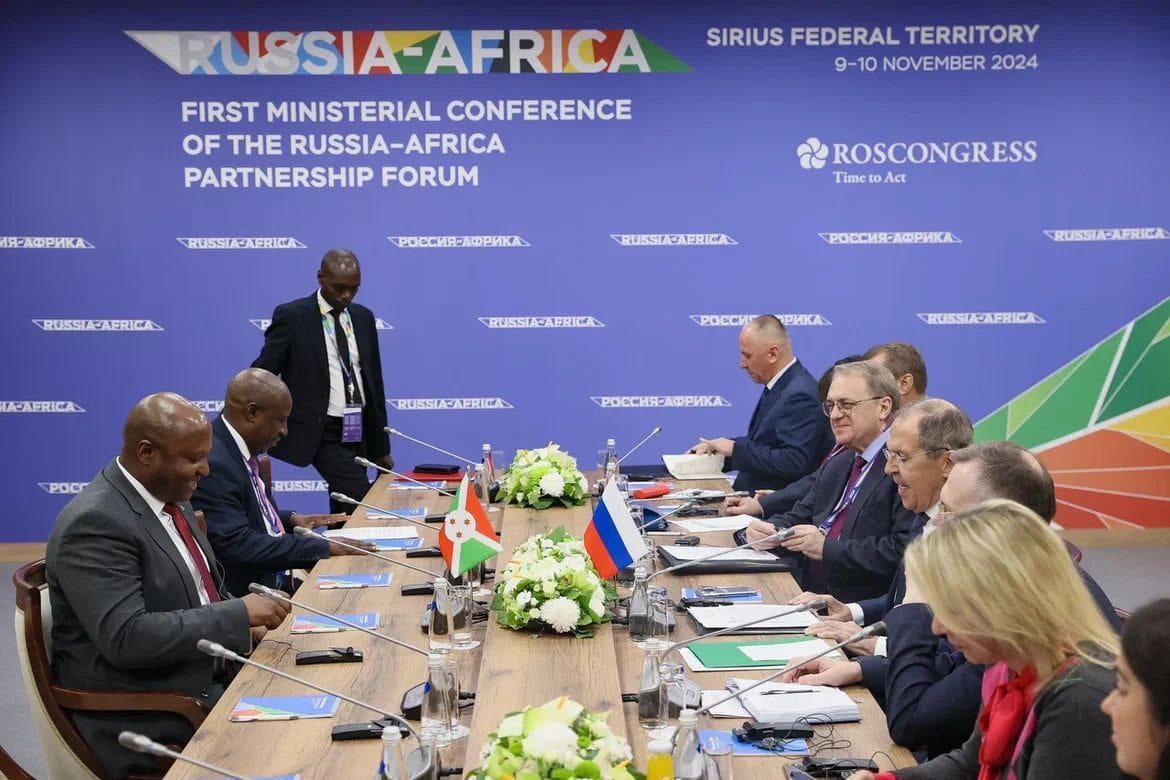
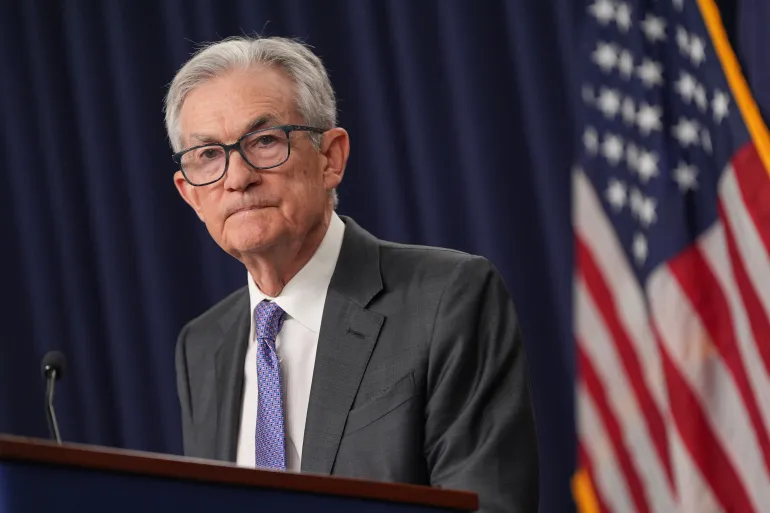

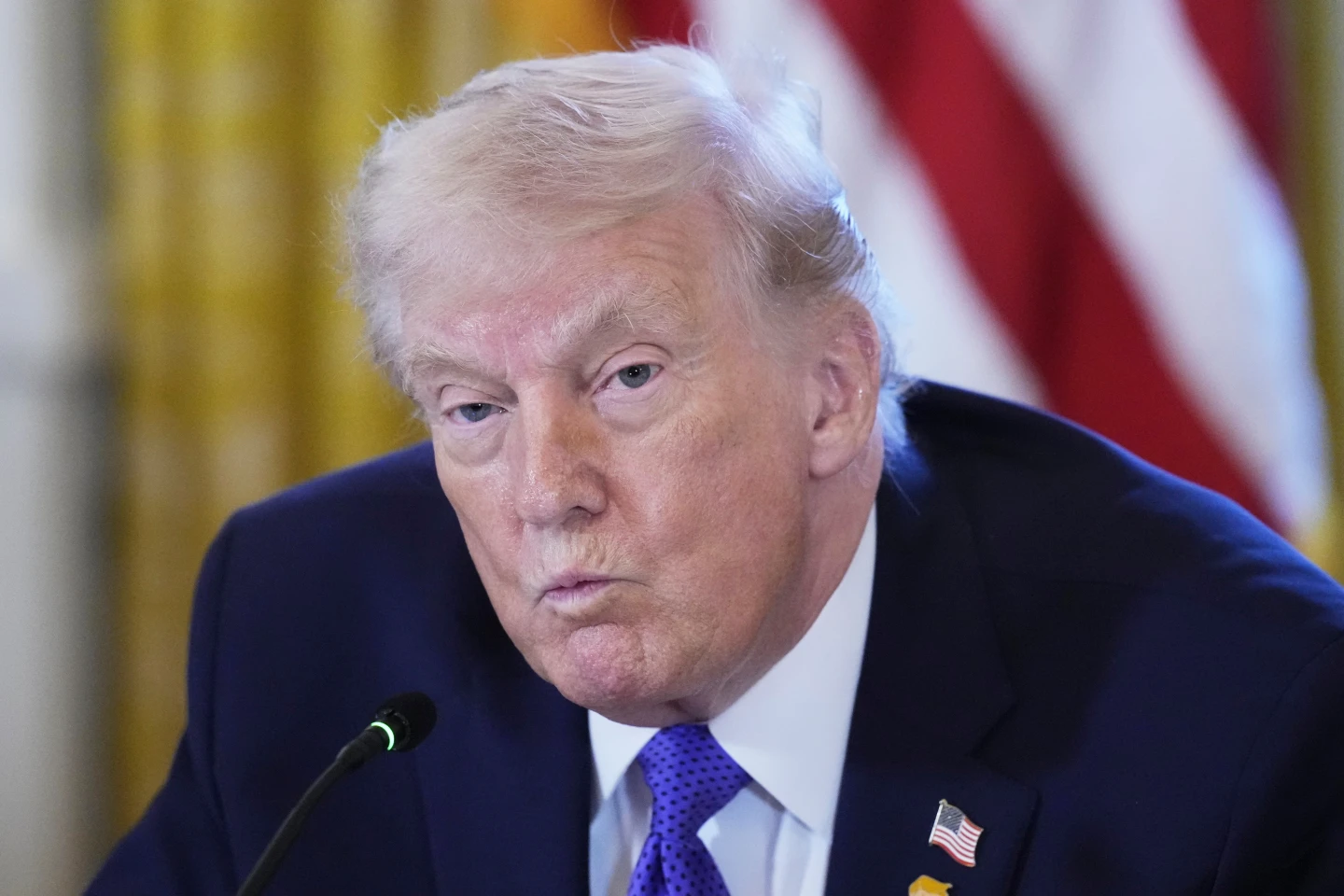
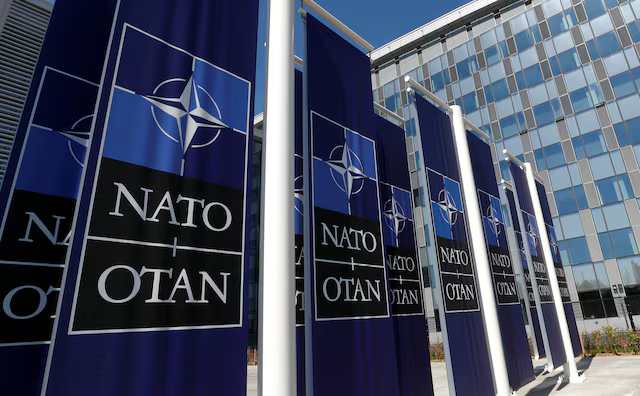
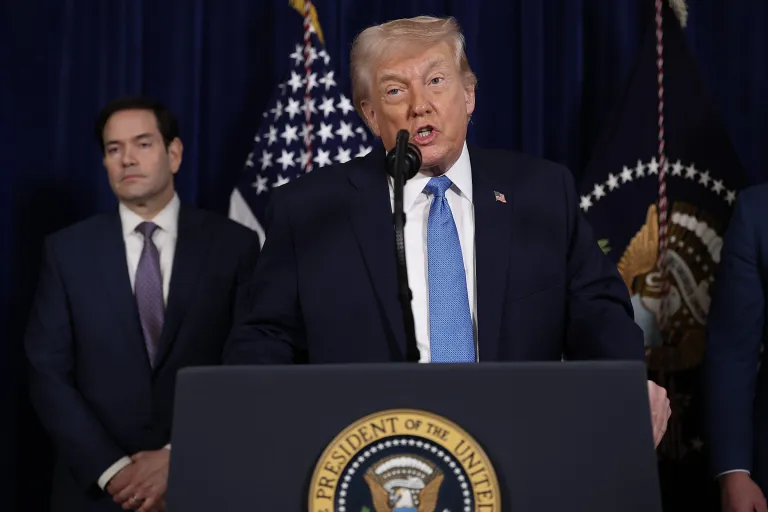
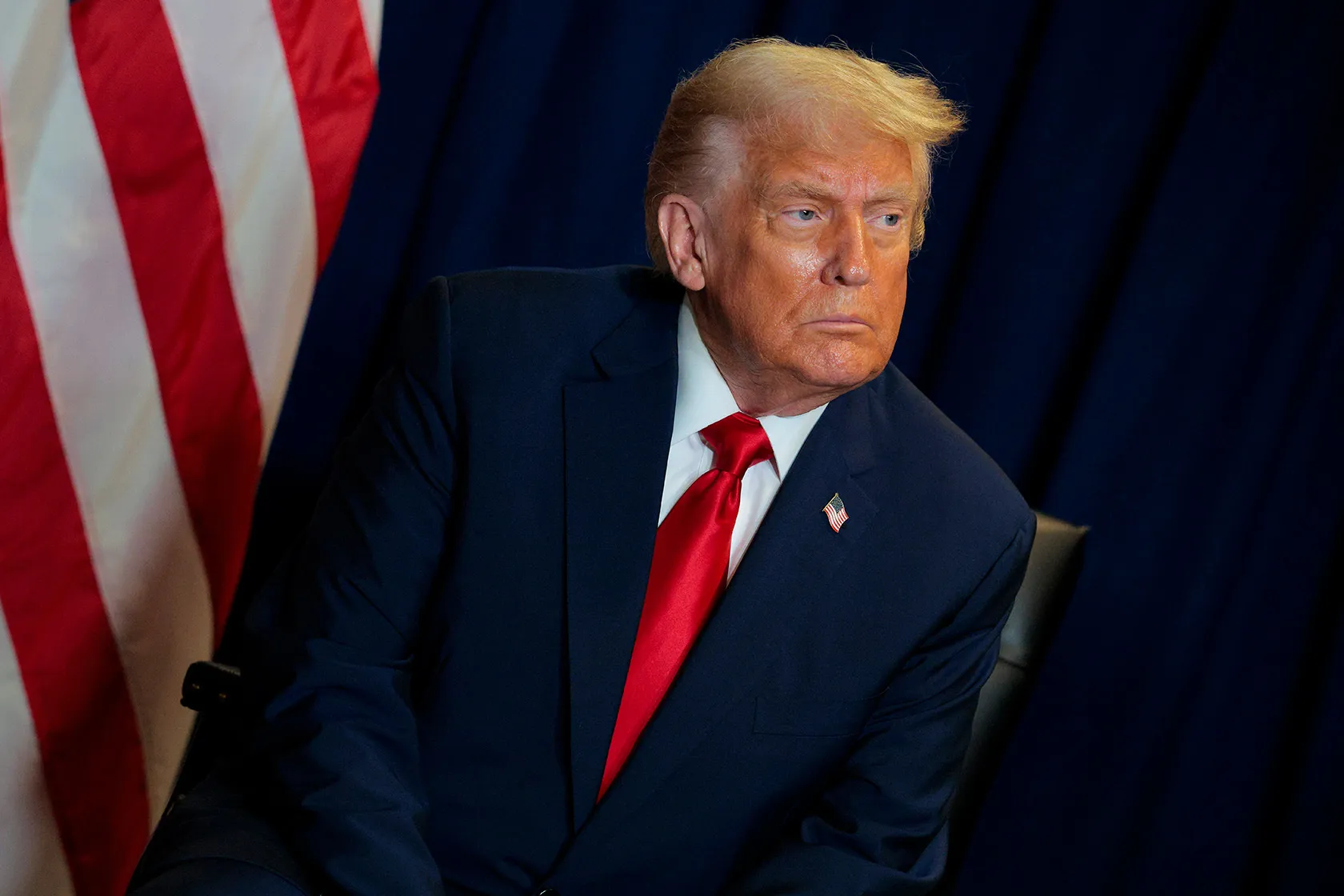
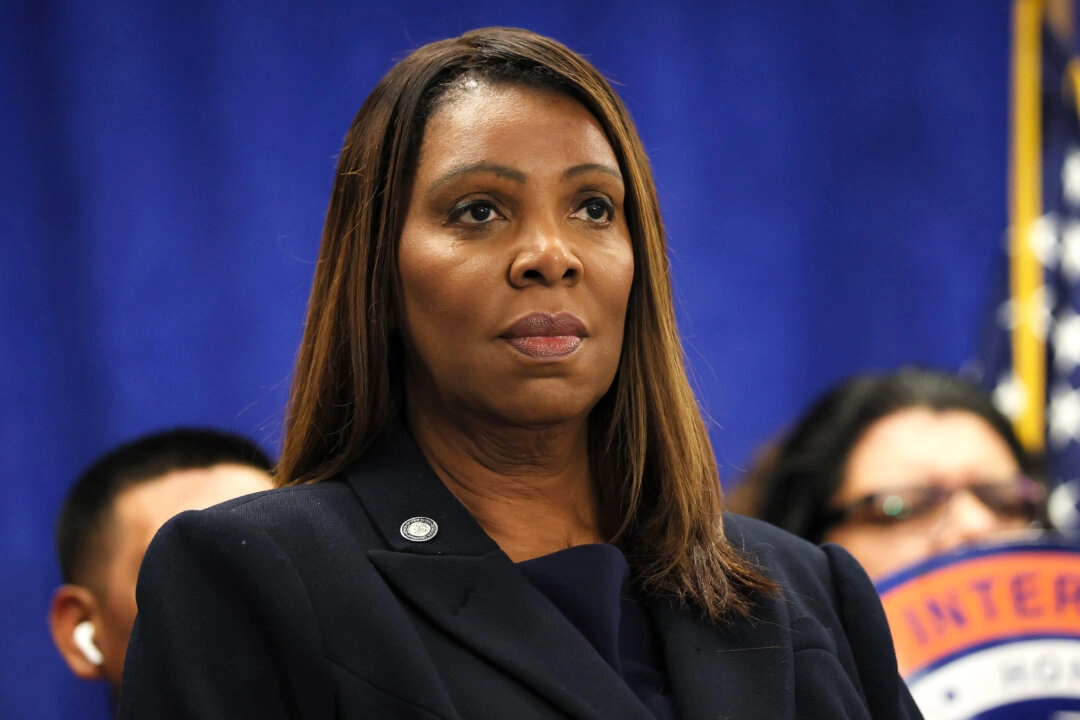
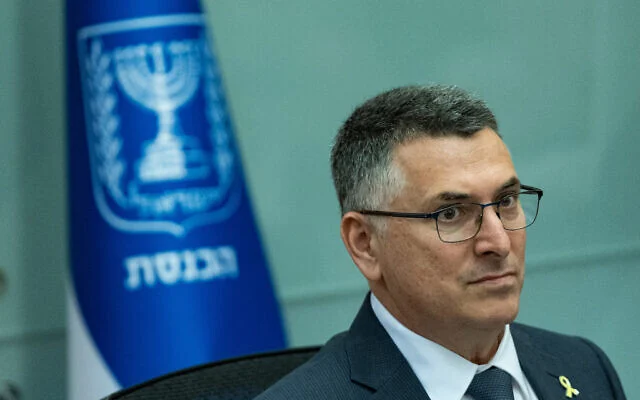
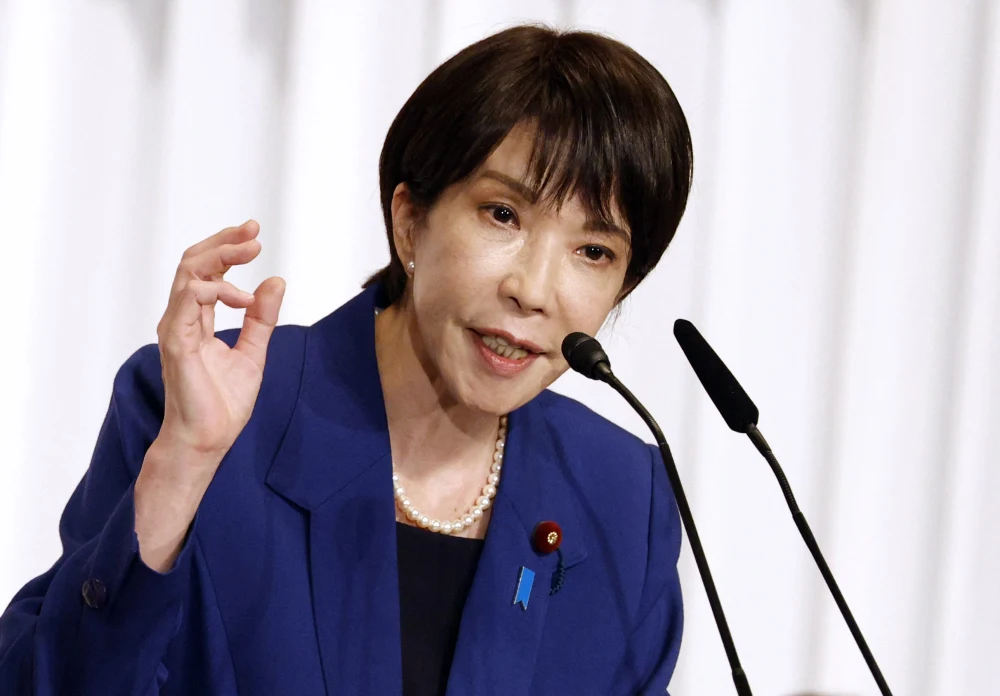
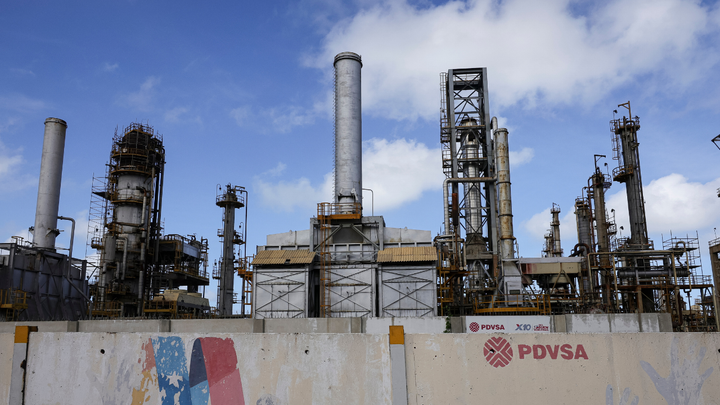
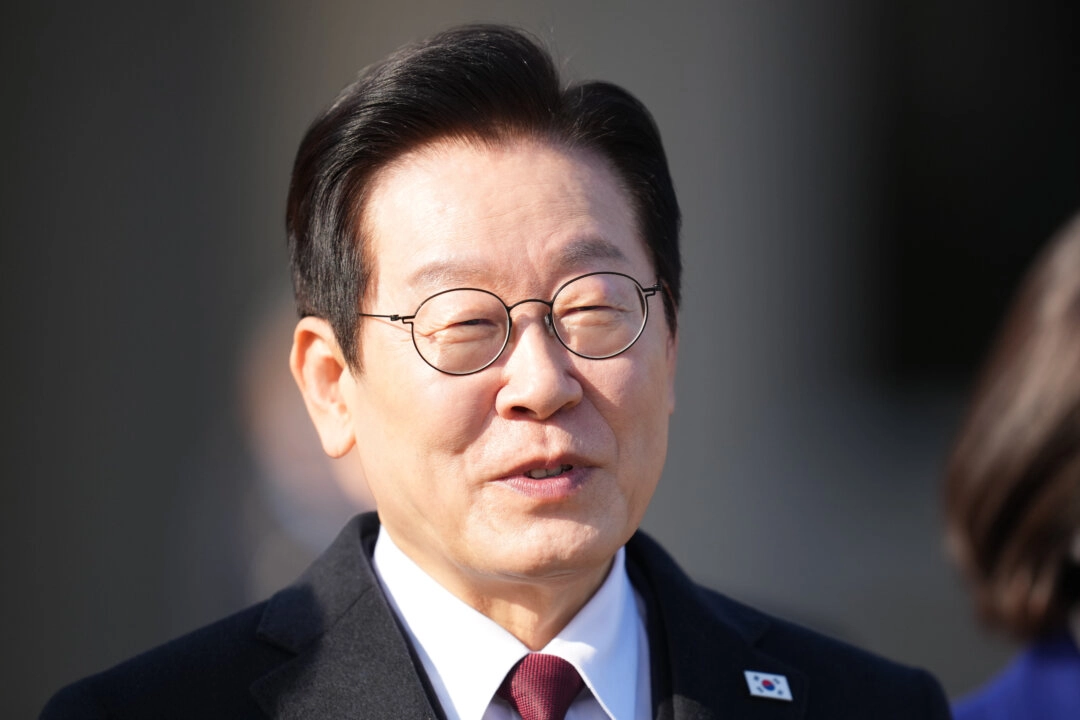
Discussion